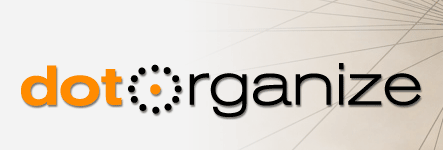The Result? Technology Struggles Stunt Impact
“It seems that the tools out there are designed for money tracking rather than for organizing. Why can’t I print out a list of activists by legislative districts? Why can’t I track who has taken action on what issues easily? Why can’t I find out who else is in our database within a 25-mile radius of someone who wants to help activate folks in their area? Why can’t I do a personalized email merge from our donor database to targeted activists?”
Social change organizations are struggling to master standard and emerging technologies, as well as to manage data silos and ill-suited tools.
These challenges, which drain resources away from serving communities and constituents, result in:
- Lost time: 65% of organizations require five or more hours to compile a clean supporter list. Time spent manually compiling lists, reentering data, and recreating documents translates into time not spent developing creative strategies, building movements and mobilizing current supporters in constructive ways.
- Poor constituent relationship management: Building power to affect change is largely about building the right relationships, with the right people, in the most efficient ways possible. Inconsistent or inadequate data about an organization’s constituents and community results in uninformed decisions and missed strategic opportunities.
- Fewer supporters and missed civic engagement opportunities: Having a large number of supporters is certainly not the only measure of organizing success, and is not a substitute for galvanizing or serving individuals already within a community. However, a comprehensive and flexible list of supporters is a core tool for organizing, which remains drastically underutilized sector-wide. 55% of respondents report they don’t keep email lists at all, and a wide majority have email lists of fewer than 1,000 supporters. Only about 8% of survey respondents have email lists with over 10,000 names (see Figure 3 below).
Poor tracking of information about an organization’s community, and lack of tools to contact them, means lost opportunities to engage them.
- Lost money: 51% of organizations surveyed don’t possess a basic online donating system. The lack of convenient donation vehicles, combined with fewer supporters and poor tracking of information, means less money coming in the door.









